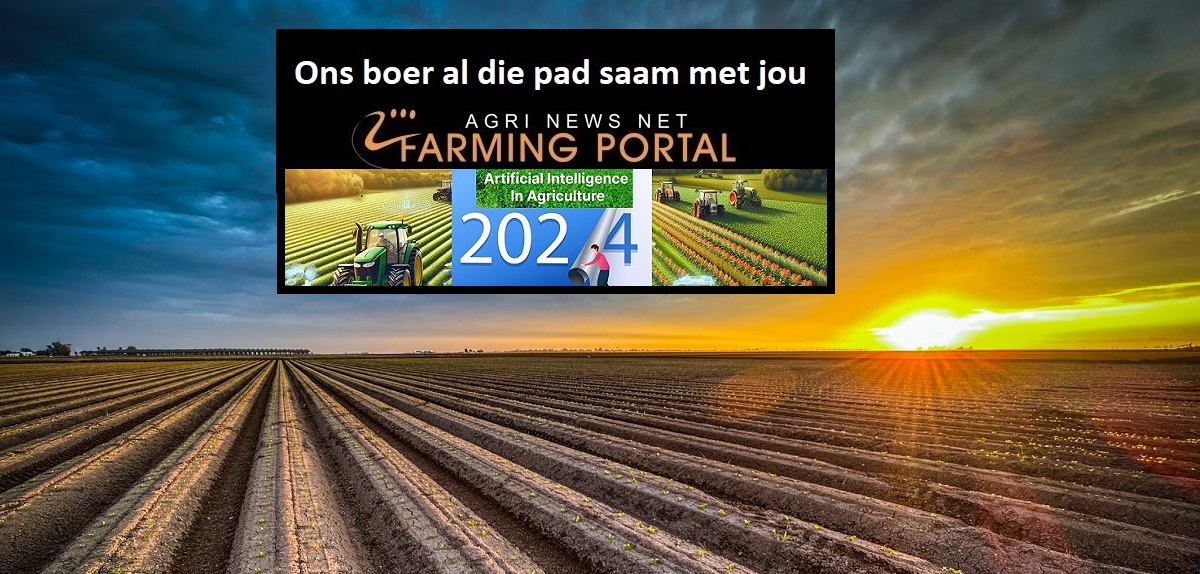Falling sales, uprooted vineyards, and endless negative articles about the dangers of a single glass of wine. The European wine industry has had enough.
On 1 October, a group of European wine sector organisations called on both the wine industry and consumers to sign a declaration to preserve European wine culture. The VITÆVINO Declaration is an initiative to confront the growing anti-alcohol movement.
“The campaign comes at a crucial moment, one where our future is at stake,” says Ignacio Sánchez Recarte, Secretary General of the Comité Européen des Entreprises Vins (CEEV), one of the organisers. “It’s a moment of profound importance, and the unity behind this initiative is what gives it the potential to make a lasting impact.”
The VITÆVINO declaration is a petition that acknowledges four key points: the preservation of wine culture and heritage; the vital role of wine in rural regions and their economy; the legitimate place of moderate wine consumption as part of a healthy and balanced lifestyle; and the right to enjoy wine in moderation.
The EU Generates €52bn in Tax Revenue From the Wine Industry
What’s at stake
In March 2024, the CEEV presented the outcome of a study done by PwC, that showed that the wine sector was responsible for almost three million jobs, while contributing €130 billion to Europe’s GDP. It represents 62% of global wine production.
Critically, many of those jobs are in rural regions.
Wine is “a blessing against rural depopulation,” Mauricio González-Gordon, President of CEEV said at the time. “Furthermore, its complex supply chain generates almost the same market value at all stages of production – from grape cultivation to winemaking and subsequent commercialization – which represents an example of a balanced value system, which must be preserved politically.”
But in January 2023 the World Health Organisation declared that there is “no safe level of alcohol”. In the post-COVID environment, many people are thinking more about health and well-being, and the media has responded by publishing an increasing number of pieces claiming that any amount of alcohol is detrimental to health. Many of these specifically target wine, because wine has long been seen as the alcohol that is healthy when consumed in moderation.
Wine professionals in several European countries, including Italy, Spain, Austria, Germany, and the Czech Republic, have already backed the campaign with their own communication initiatives.
In Italy, members of relevant national associations came together for a press conference in Rome at the Ministry of Agriculture, Food Sovereignty and Forests, where Minister Francesco Lollobrigida signed the declaration.
In Germany, Daniela Schmitt, the Rhineland-Palatinate’s Minister of Agriculture and Viticulture, has agreed to be the national patron for the campaign. “Wine is not only a significant agricultural product that adds economic value to Rhineland-Palatinate, but also a vital part of our cultural heritage and rural identity,” she said.
In Spain, professional wine and agricultural organisations came together in the Palace of the Parliament to sign the declaration.
“This is the first time that the entire wine sector, united, has decided to move forward together,” said Sánchez Recarte. “The strength of this campaign lies in its ability to mobilize the entire wine community — from wine workers to wine lovers — all working toward the same goal: defending a culture, a way of life, a job, a territory, and a shared passion.”
He added that the campaign will “serve as a wake-up call for those who may not fully realize the challenges ahead. This internal awareness is crucial to ensuring the sector is prepared to address these issues head-on.” But this is only part of it.
“The campaign will give the wine community a platform to make its voice heard loud and clear. We’re asking for respect—respect for a sector that is not only essential from a socio-economic and cultural perspective, but also respect for those who choose to enjoy a glass of wine in moderation, as part of a healthy lifestyle.”
To personalize the effort, the organizers launched a grassroots campaign featuring short videos where policymakers, wine industry representatives, wine lovers, and other stakeholders share what wine means to them.
From the European Parliament, representatives of major wine-producing nations have participated so far. Spain leads with four videos (Dolors Montserrat, Cristina Maestre Castilla La Mancha, Carmen Crespo, Esther Herranz Garcia), followed by Italy (Dario Nardella, Herbert Dorfmann, and Elisabetta Gualmini). MEP Christine Schneider contributed from Germany, while Eric Sargiacomo represented France.
The number of signatures can be tracked live on the campaign’s website. The groups behind VITÆVINO include the CEEV, Confédération Européenne des Vignerons Indépendants (CEVI), Copa-Cogeca and the European Federation of Origin Wines (EFOW).
There will be a formal presentation of the VITÆVINO Declaration in the European Parliament in Brussels in early December. The VITAEVINO Declaration is one of a growing number of initiatives to preserve wine culture.


















